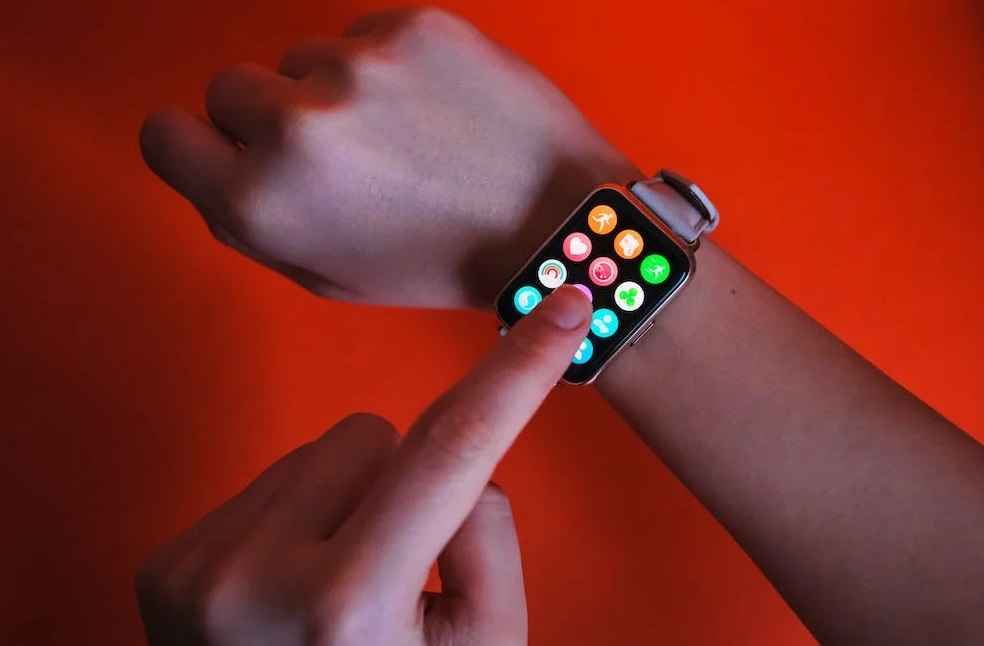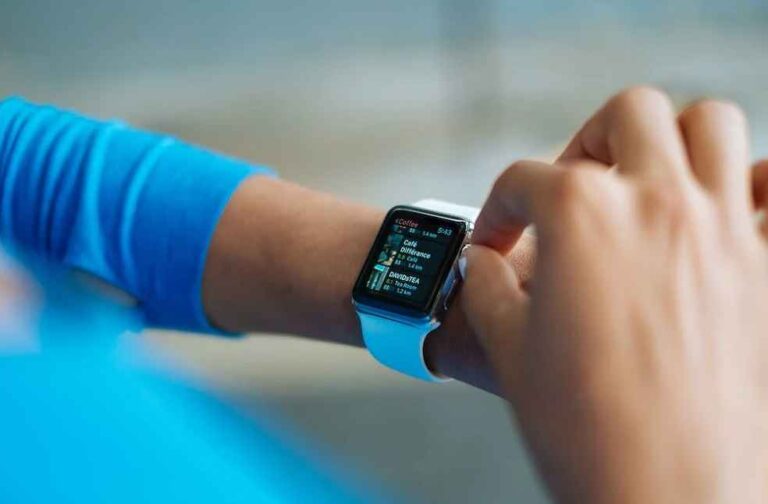The recent stance of the Biden Administration, maintaining the US trade tribunal’s ban on certain Apple Watch imports, signals a pivotal moment in tech industry disputes. Originating from Masimo’s allegations, a medical monitoring technology enterprise, this decision implicates Apple in a significant patent infringement case.
From December 26, the ban targets Apple Watches with a distinct blood-oxygen measuring feature – a pulse oximeter, introduced in the Series 6 model back in 2020. Ambassador Katherine Tai, after comprehensive evaluations, upheld the International Trade Commission (ITC)’s ruling, cementing the import prohibition.

At the heart of this dispute, Masimo accuses Apple of staff poaching and misusing pulse oximetry technology in the Apple Watch. The conflict has escalated to various legal fronts, including an unresolved jury trial in California and a retaliatory patent infringement lawsuit by Apple against Masimo in Delaware.
This instance of presidential non-intervention is rare, reminiscent of a 2013 scenario during an Apple-Samsung patent tussle over iPhones and iPads. Preempting the recent embargo, Apple paused sales of its newest Series 9 and Ultra 2 smartwatches on December 18.

This year also saw Apple grappling with another import ban by AliveCor, suspended for unrelated reasons. Despite these legal challenges, Apple’s wearable and accessories division, featuring the Apple Watch and AirPods, reported robust revenues of $8.28 billion in Q3 2023.
This unfolding scenario reflects the intricate dynamics of tech innovation, intellectual property, and global trade, with far-reaching consequences for leading tech firms and consumers worldwide.
DON’T MISS IT | U.S. Bans Russian Seafood Imports, Alaska Cheers Amid Ukraine Row



